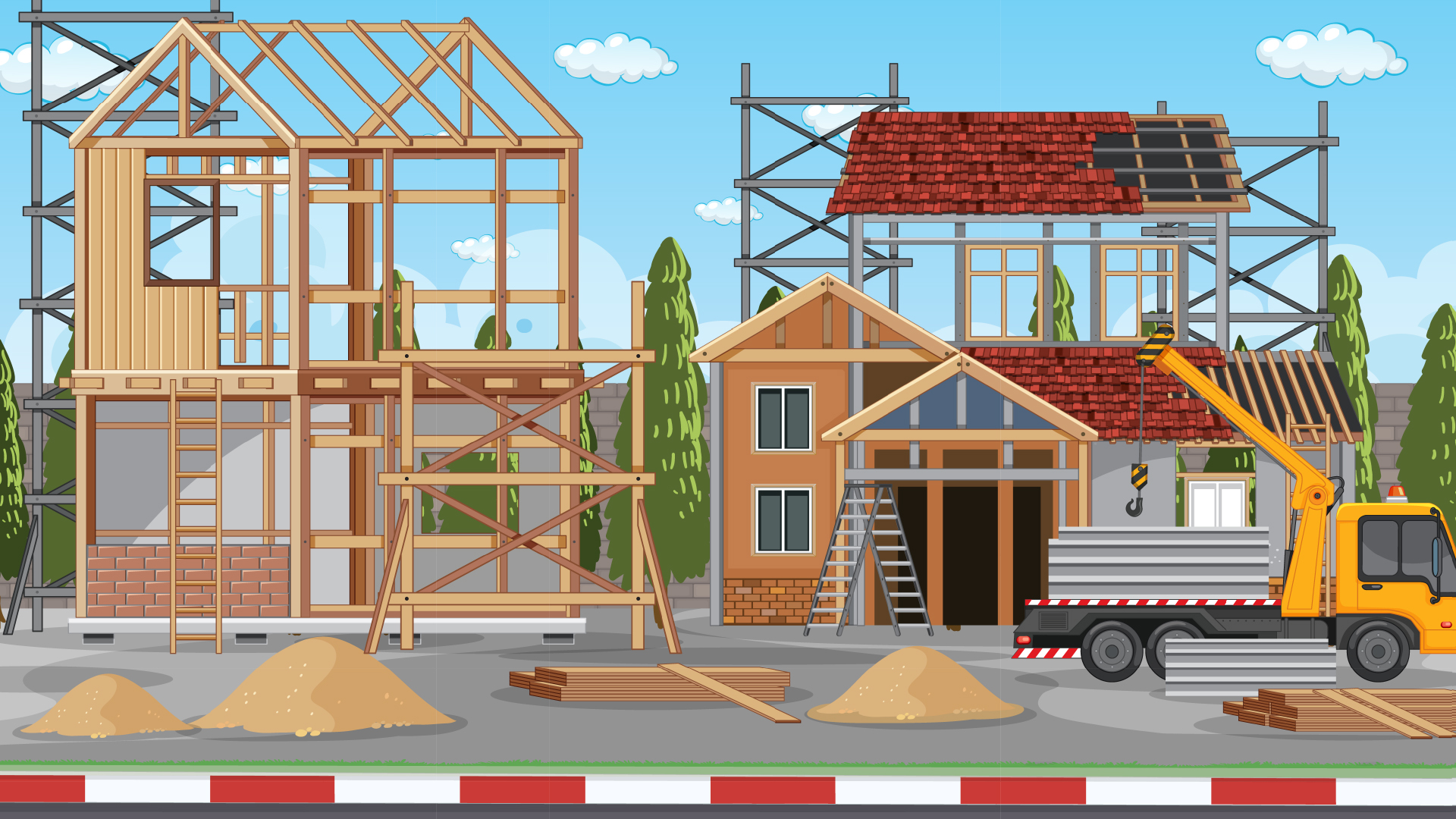
There is no doubt that social media has changed politics. It has connected politicians and constituents, making it easier for them to speak more freely with one another than ever before.
But these sites have also changed the way people communicate with politicians. If you look at the replies to any tweet, by any politician, you will see a series of replies that express disagreement, or support. But there is also a steady stream of hatred directed toward politicians, from a minority of people who engage in behaviour that experts have described as “toxic.”
It’s easy to brush off these tweets as nothing more than posts on a Website, but they can actually have a harmful effect on our democracy. Not only do they make politicians’ work – already difficult – even harder, they dampen people’s willingness to engage in political conversations online and dissuade people from entering the political arena.
Our guest today is hoping to stop online toxicity, for the betterment of Canadian democracy. Sabreena Delhon is the executive director of the Samara Centre for Democracy, a charity dedicated to strengthening democracy in Canada. The Samara Centre recently partnered with Areto Labs on a project that tracks the tweets received by incumbents who are running for re-election, to find out how toxic these tweets are and who is receiving them. Today we will discuss the project, as well as SAMbot, which they use to track this data, and how they hope to foster a positive culture change in digital democracy.
This podcast is part of the How can we improve the elections process special feature.










